Welsh Government not seeking devolved broadcasting powers
- Published
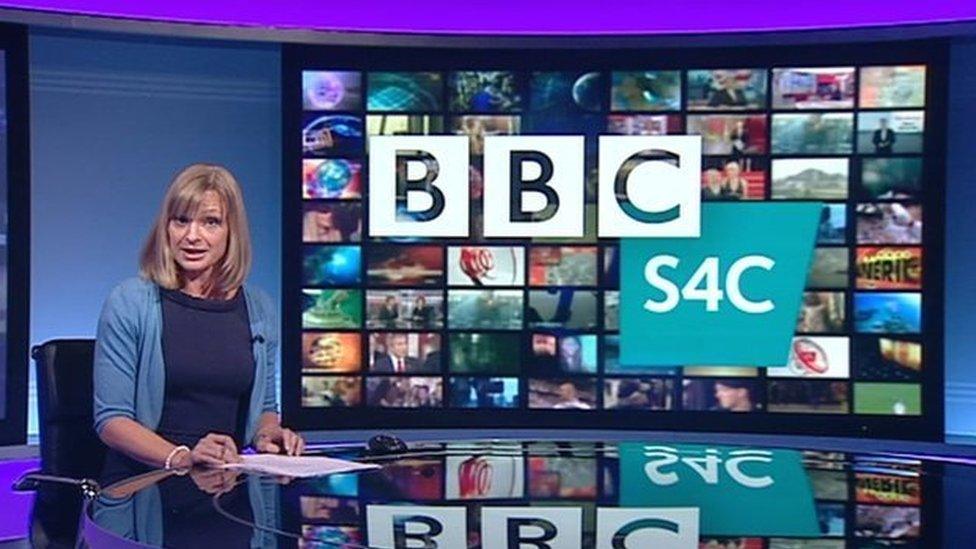
The UK government is considering the recommendations of a review it ordered into the future of S4C
Now is not the time to pursue the devolution of broadcasting powers, according to the culture secretary.
Dafydd Elis-Thomas, who backed some aspects of the policy before becoming a minister, was responding to a Plaid Cymru debate on the issue.
Plaid AM Sian Gwenllian called for research into "the practicality" of devolving broadcasting powers to Wales.
She said it would give Wales a stronger voice amid "a period of uncertainty and crisis caused by Brexit."
"Devolving broadcasting is more important than ever, to ensure that Wales's voice is heard," she said.
"A combination of a lack of plurality in the Welsh media, and a reduction in broadcasting hours, has restricted political debates and therefore restricts democracy."
But Lord Elis-Thomas, a former Plaid assembly member who sits as an independent AM and member of the Welsh Government, rejected the claim.
He said: "I am going to make it crystal clear that I continue to hold the view, both personally and as a minister with four or five months' experience, that now is not the time to start talking about devolving broadcasting, in part or in whole, to Wales as part of the developing devolution settlement.
Lord Elis-Thomas said broad UK-wide regulation had supported the growth of broadcasters: "The industry is one which has operated and developed not only through regulation that exists on a UK level, but also through international regulation."
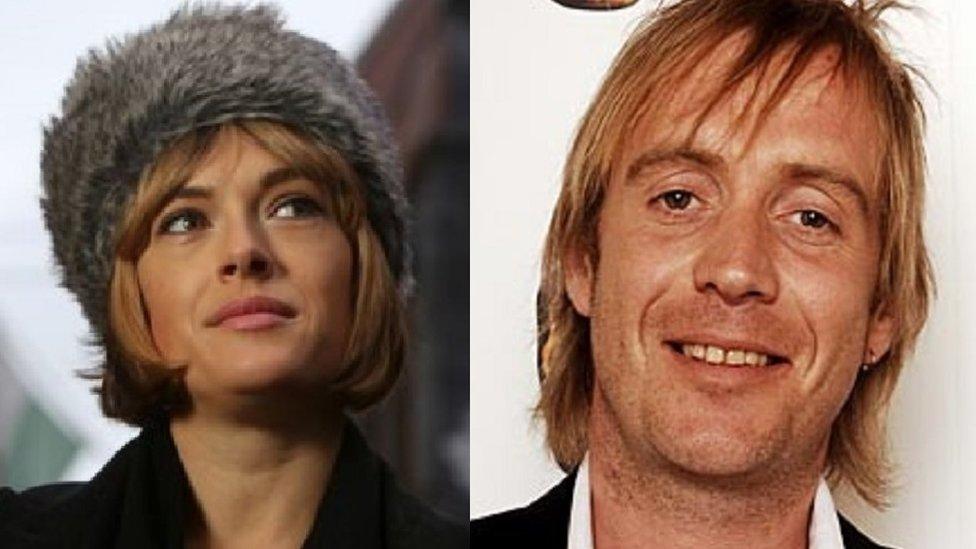
Artists Gwenno Saunders and Rhys Ifans are among those who have claimed UK control of broadcasting is "not healthy"
Conservative AM Suzy Davies said she did not believe devolving powers would alter issues such as a perceived under-funding of S4C.
"We would simply see a different government stating that their offer [to S4C] was sufficient," she said.
"Would devolving broadcasting help us to better understand our devolved nation? Well, I'm not sure. What I see at the moment is a Wales that still doesn't understand after 19 years. Can the broadcasters be blamed for misleading or misrepresenting what is happening here? I don't believe so."
'Strike confusion'
But Plaid AM Dai Lloyd said UK broadcasters were regularly causing confusion among audiences about which areas, such as health, were devolved.
He said: "I remember, during the doctors' strike in England last year, doctors at Morriston Hospital [Swansea] also believed they were meant to be on strike and were looking for the nearest barricade."
In recent years BBC bosses have appeared at assembly committees to explain the broadcaster's work, and to respond to concerns about the portrayal of Wales on screen. Representatives from ITV, S4C, local radio and communications regulator Ofcom have also faced scrutiny from assembly members.
Lord Elis-Thomas argued that the Welsh Government had secured greater accountability from the sector.
"We worked hard as a government to ensure the new BBC charter gave the BBC a mandate to do much more for the Welsh people. The BBC now has appropriate accountability to the National Assembly for Wales.
"And as a government we are about to appoint the first Ofcom board member to represent Wales, so we are aware that these new arrangements open the way for us to have a real influence as a Welsh Government on the general communications structure of the United Kingdom."
- Published27 February 2018
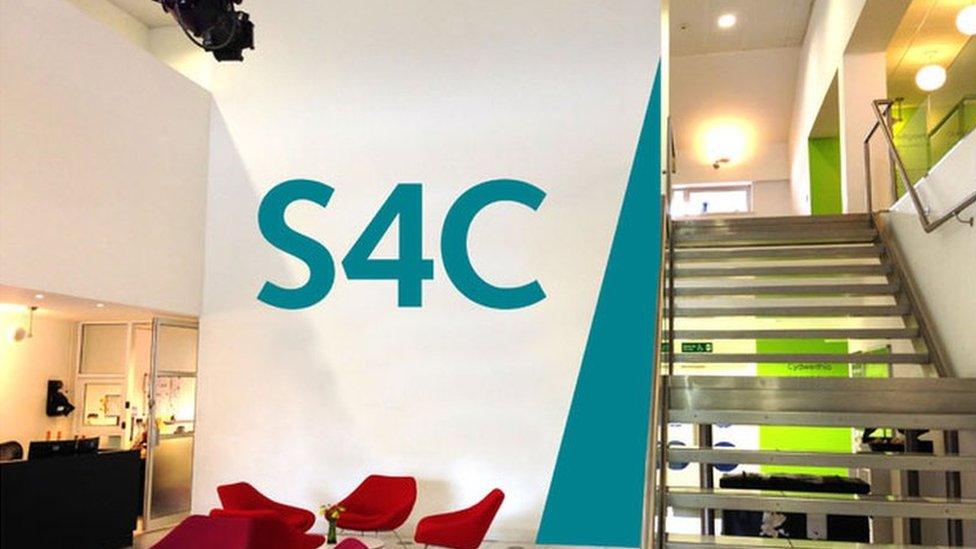
- Published15 January 2018

- Published20 September 2017
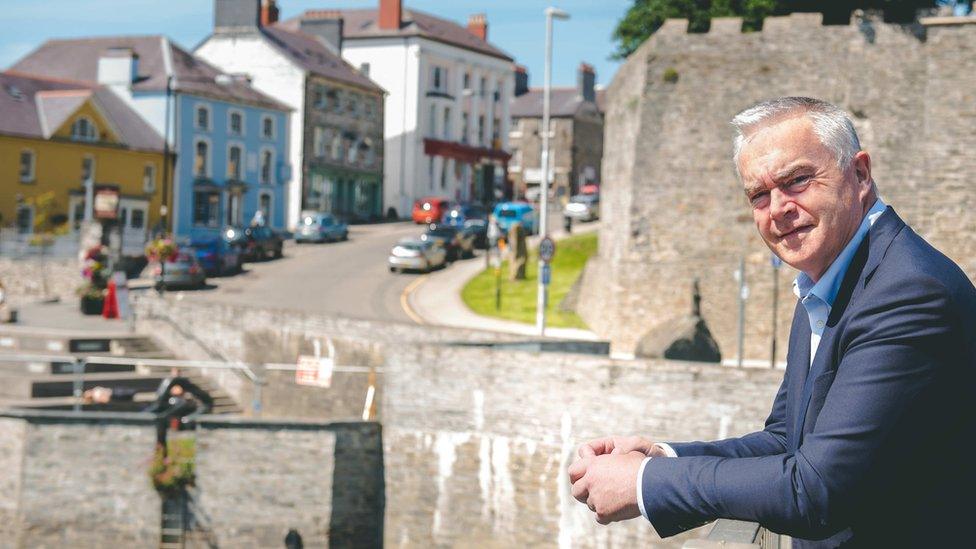
- Published7 August 2017
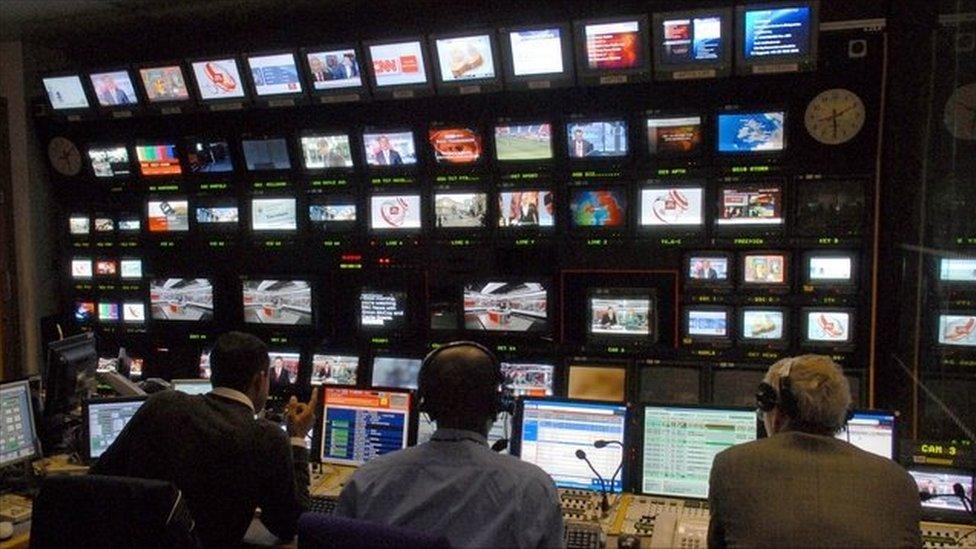
- Published10 August 2017
